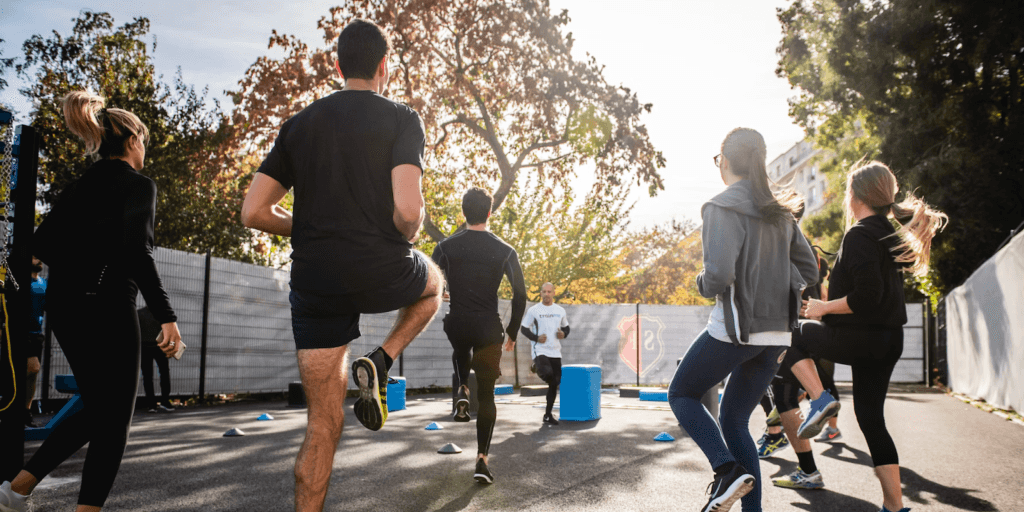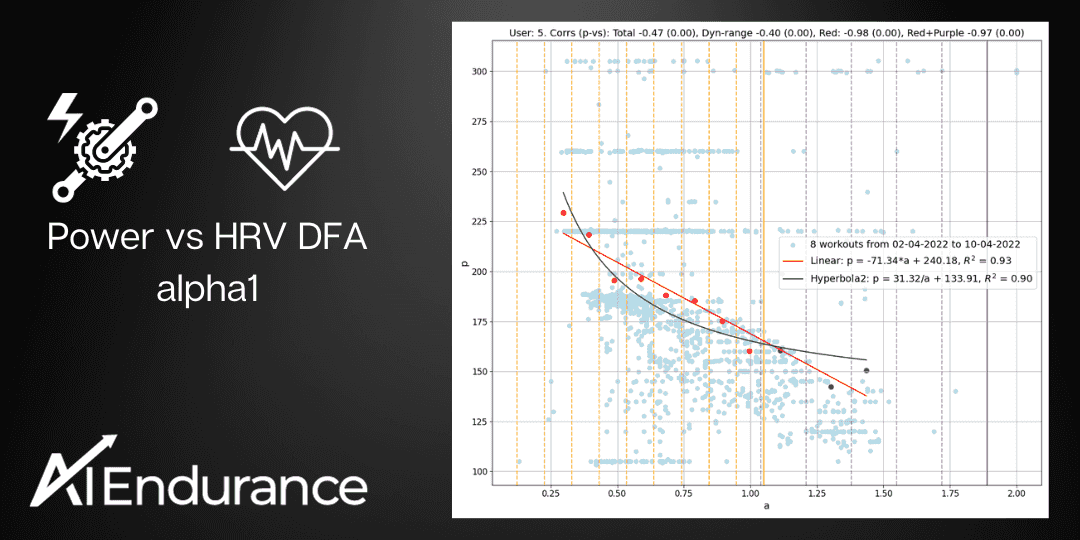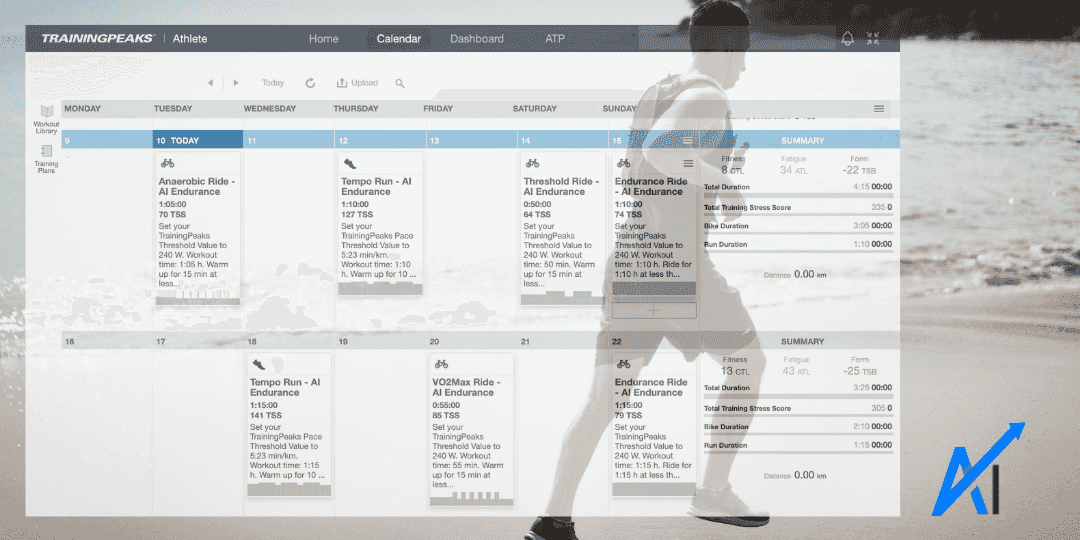
Coaching for runners can help you train smarter and reduce injury risk. Here's what you can expect from coaching, how it can help, what you can do to become a better athlete, and the differences between AI and traditional coaching.
Let's get straight to the point, and ask why you would want a coach for your running. Put simply, there are many reasons that coaching would benefit anyone, regardless of their goals. For example, you may be someone beginning their running journey, trying to get started without injuring yourself. Or, you may want to start logging more miles and train for your first marathon. Or, maybe you are looking to elevate your training and get that BQ.
There are many things that a coach can do to help. Specifically, coaches can bring an expert opinion into your training, or provide a third party to help keep you accountable and avoid harmful behavior. There are also some simple things that you, as an athlete, can do to help make the most of your coaching.
To get a better sense of the big picture, we spoke to Cliff Pittman about everything coaching. Cliff is Coaching Development Director and Leadership Team member at CTS Coaching, along with having certifications in ultrarunning coaching, executive coaching, and sports nutrition coaching. Basically, he's a smart dude. With this in mind, here's what he has to say about coaching for your running.
"A good coach can be an objective expert who utilizes evidence-based training principles and strong coach/athlete relationships to get the best out of each athlete," Cliff says. Many often overlook evidence-based training in favor of short, quick fixes. Admittedly, there are quick, easy things that any athlete can do to help their training. What coaching for runners can help with is focusing on the boring stuff.
For example, let's say you're tapering for a race. There's a 5 mile easy day on your schedule. You've done this same run dozens of times in the past months, and in your taper jitters, you want to go further and/or faster. A coach, using their understanding of you as a person, can help significantly. They may be able to reframe what your doing, helping you focus on the long term goals. Or they might be able to explain exactly what the science is behind your training. Often, they may just be a third party to look over your shoulder.
"Every individual factor of the athlete is considered while architecting the correct path forward and then dynamically adapting the plan based on data analysis, individual subjective feedback, and what they know about the athlete and their particular goals." - Cliff Pittman
"Anyone can benefit from coaching, from beginner to advanced," says Cliff. Coaching for runners really means for any runner, not just the elite. However, it can take some getting used to. For those new to running, the benefit may come more in reducing the risk of injury or burnout. According to Cliff, "Typically, an athlete that has a few years of development under their belt benefits most."
The reason for this is that when you're just starting, running in any capacity will help you get better. "When you are a novice athlete, anything you do will elicit adaptations, because all stress is novel, and the key is properly managing stress and rest." Specifically, rest is extremely important for beginner runners. Many new runners think that running should always hurt, all the time, and if it doesn't, you're not pushing enough. Coaching for runners, especially beginner runners, can help keep you from making the same mistake.
Once runners start "plateauing," it gets more difficult. As Cliff states, "Bigger systems require bigger training stressors." Suddenly, everything gets more complicated. That's where coaches can help.
"A coach can make the fine tweaks, using volume and intensity, to get the athlete through plateaus and performing at higher levels." - Cliff Pittman

People who have this mindset often have the most to gain from coaching. As Cliff puts it, "An athlete with this mindset makes a great candidate for coaching because they need an objective expert to help them find confidence in themselves." There is no bar that you need to cross to be worthy of coaching. Often times, this thinking comes from low confidence. A coach can help you gain confidence in your running, through improved results or more fun.
It's important to remember that everyone starts somewhere! "Anyone in need of help in their training is a good candidate for coaching, regardless of their ability level as an athlete," says Cliff. Even Eliud Kipchoge had a first run. It's easy to see those faster than us as gods, but it's important to remember that we all have a starting point. In the end, you'll be more confident when you give yourself a shot. As Cliff says, "If my athletes are more self confident after working with me, I’ve provided them with a good service."
"Personality plays a major role in a good athlete/coach relationship. We have an entire Athlete Services facet of our business at CTS and part of their mission is to pair athletes with the right coach," Cliff says of CTS. It might take some searching to find a great fit for you. That's natural, since every human has a unique personality.
Challenges can also arise when athletes go from unstructured training to structured coaching. It's a big shift, and many people find it difficult to start adhering to a "plan." But, as Cliff points out, "A good coach should be able to navigate this and give the athlete a lot of autonomy, while still guiding them to their goals with good training architecture. If a coach has a “my way or the highway” mindset, they won’t be the right fit for an athlete who needs autonomy." This lends extra importance to finding the coach that works for you.
It shouldn't surprise anyone that following workouts is integral to being a good athlete. A training plan is only effective if the athlete actually runs what they're supposed to run. However, it may surprise you that feedback is just as important. As Cliff puts it, "Program adherence is the obvious one, but I find good subjective feedback to be equally important." This isn't easy. If you consider yourself an introvert, opening up to a coach may take time. However, if you give it the time it needs, you'll find the rewards worth it. At the end of the day, an athlete and coach are a team. "This requires the athlete to trust their coach," Cliff says, and a good coach would never give an athlete reason to distrust them.
AI coaches, like AI Endurance, can be a great place to start. They're significantly more affordable, and have the data-driven coaching that runners need. However, there are differences. When asked about what the biggest differences are, Cliff says simply, "Relationships. The human element is a powerful dynamic and technology cannot replicate the 'art of coaching.'" For many people, when they invest in a coach, they're not just paying for training plans. Instead, they're paying for a person to talk to, bounce ideas off of, or just nerd out with. While there are AI coaching chatbots out there, most people would agree that it is not the same as talking to coach with their own personality.
That is not to say an AI coach is not right for you. At $129.99 per year, AI Endurance is significantly more affordable than nearly all in person coaches. For runners who can't (or don't want to) pay for traditional coaching, AI coaching can provide a solution.
As Cliff says, "While AI provides a tremendous value for athletes and coaches alike, a coach who has established a good relationship with their athletes will always be able to get more out of them in terms of performance."
At the end of the day, it's a question of what each athlete is looking for. If an athlete is looking to maximize their performance, or have a strong relationship with a mentor, in-person coaching is the way to go. However, if an athlete is looking for a low cost training plan that still adapts to their specific physiology and goals, AI coaching may be a better option.
Want to try it out? Head over to AI Endurance for 30 days of free training! After that, it's just $129.99 annually (that's less than $11 per month!) for data-driven training that's proven to help you go further, faster.
Want to look into in-person coaching instead? Head over to CTS Coaching to check out what Cliff Pittman has going on!

by Stefano Andriolo. We demonstrate a universal relationship between cycling power and DFA alpha 1 from every day workout data that allows accessible and regular tracking of aerobic and anaerobic thresholds without the need of an exercise lab or even a dedicated testing protocol.

by Stefano Andriolo, Markus Rummel and Iñigo Tolosa. We present a new real time feature of evaluating readiness to train based on in-activity heart rate variability (HRV) measurements during the warm up of your activity. You can use this feature in the newest version of the alphaHRV Garmin Connect IQ app at no additional cost.

by Grant Paling. My children are starting to compete in things. My daughter had her first gymnastics competition earlier this year. My son is mega into football. They both smashed it at the school sports day (maybe competitive dad made them do some laps at the track after swimming - but they didn’t take much encouraging!!)

Get your AI Endurance best training plan into TrainingPeaks. From there, you can execute your TrainingPeaks workouts in Zwift and many other apps. Connect your AI Endurance account once and any changes will automatically be synced with TrainingPeaks.